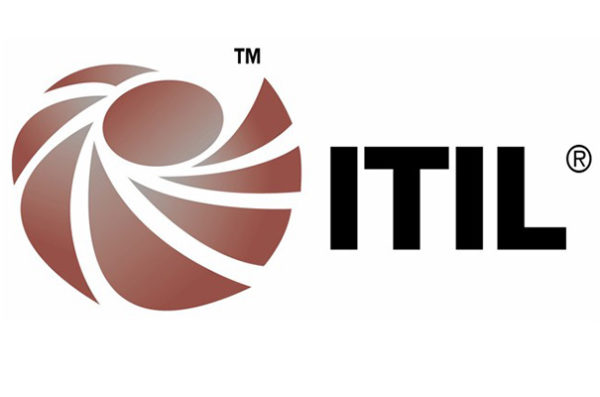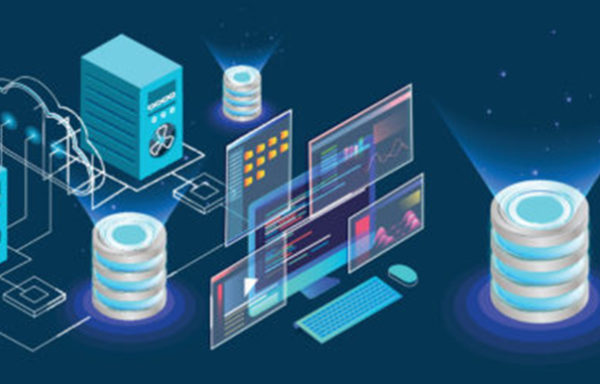ITIL® is comprised of five core publications: Service Strategy (SS), Service Design (SD), Service Transition (ST), Service Operations (SO) and Continual Service Improvement (CSI). It promotes alignment with the business as well as improvement in operational efficiency. The official ITIL® qualification scheme, owned by AXELOS, describes two streams, the Service Lifecycle Stream and the Service Capability stream: – The Service Lifecycle stream focuses on ITIL® practices within the Service Lifecycle context. The prime focus is the Lifecycle itself as well as the processes and practice elements used within it. – The Service Capability stream is for those who wish to obtain an in depth understanding of specific ITIL® processes and roles. The primary focus is on process activities, process execution and use throughout the IT Service Lifecycle. The intent of the Managing across the Lifecycle (MALC) qualification is to give candidates the skills to support an organization’s service delivery by bridging the service lifecycle stages. The qualification demonstrates that candidates have learned the value of one combined service management practice as opposed to separate subject areas. ITIL® processes and practices, as learnt from the lifecycle and capability streams of the intermediate certificates, are put into a context of delivering this value. The learning outcomes are intended to bring a candidate from ITIL® content knowledge to ITIL® content application and integration knowledge, and provide skills that can be used in the workplace in a tangible way. Testing and validation of knowledge take place at Bloom’s taxonomy level 4 (analysing) and level 5 (evaluating), reflecting the focus on integration when compared with the ITIL® intermediate qualifications. While MALC encompasses the broadest perspectives of service management skills, for example those related to project management and application design, it is not intended to teach these practices, rather to refer to them as contexts for ITIL® application. A high-level understanding of these is still expected. This qualification focuses on strategizing, planning, using and measuring ITIL® practices in an integrated functioning model: – How the service lifecycle stages form an integrated whole – Process integration and interfaces – Shared data / information / knowledge.
Description
Durée : 28 heures
Modalités techniques d’évaluation : Évaluation des connaissances par QCM, évaluation des compétences au travers de travaux pratiques et de cas d’études. Contrôle de l’acquisition des connaissances et des compétences pendant la formation par le formateur.
Moyens pédagogiques : Apports théoriques réalisés en classe et complétés par de nombreux travaux pratiques permettent aux participants de disposer d’une expérience concrète. A l’issue des sessions magistrales, réalisation de cas d’études tutorés.
Objectifs pédagogiques
À l’issue de la formation, le participant sera en mesure de :
- Key concepts of the service lifecycle
- Communication and stakeholder management
- Integrating service management processes across the service lifecycle
- Managing service across the service lifecycle
- Governance and organization
- Measurement
- Implementing and improving service management capability.
- In addition, the training for this qualification should include examination preparation, including a mock examination opportunity.
Examen
Méthodes pédagogiques
Certification
RECAP
- Welcome, course introduction
- 4 P’s of Service management
- Service management Concept
- Service Concept
- More on Services
- Service Lifecycle
- Best Practices in the Public Domain
- Utility, Warranty and Outcome
- Stakeholders
- Services End-To-End
- Elements of Service Value
- Service Classifications
- Organizing Service Management
- Culture and behavior
- RACI
- Risk Assessment and Management
COMMUNICATION AND STAKEHOLDER MANAGEMENT
- Coordination with BRM
- Stakeholder Management and Communication
- Communication flow across the Life Cycle
INTEGRATING SERVICE MANAGEMENT PROCESSES
- The integrated SM Lifecycle
- Impact of service Strategy
- Lifecycle Value in designing solutions
- Service Strategy – inputs and outputs
- Service Design– inputs and outputs
- Service Transition – inputs and outputs
- Service Operation – inputs and outputs
- CSI– inputs and outputs
- Service Strategy Business value and Interfaces
- Service Design Business value and Interfaces
- Service Transition value and Interfaces
- Service Operation Business value and Interfaces
- CSI Business value and Interfaces
MANAGING SERVICES ACROSS THE LIFECYCLE
- Balanced Design
- Stakeholder assessment
- The Service design package
- Managing across Lifecycle Processes
- Implementing and improving services
- Lifecycle challenges, CSF’s and risks
GOVERNANCE, ROLES, PEOPLE, COMPETENCES
- Governance
- Organizational structure, skills and competence
- Service Provider Types and Service Strategies
MEASUREMENT
- Measuring and demonstrating business value
- Determining and using metrics
- Design and development of measurement frameworks and methods
- Monitoring and control systems
- Use of event management tools



